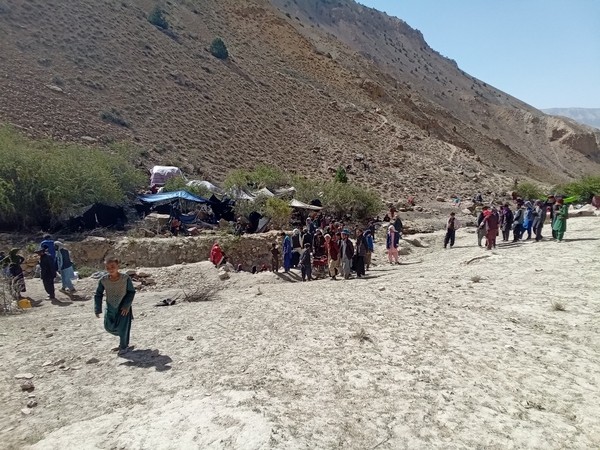

At least 100 kilograms of drugs were seized in a tanker truck from Afghanistan, according to a media report.
“After physical checks and cutting the appropriate spots of the tanker, 100 packages with a weight of roughly 100 kg of Sheesha narcotics were discovered,” a monitoring official of Dogharun customs was quoted by the IRNA news agency.
Citing Iranian officials, Khaama Press reported that thorough physical inspections at Dogharun Customs throughout the previous four months led to the seizure of 19 kg of drugs.
Taliban which was always suspected to be one of the wealthiest terrorist groups in the world has never let out the details about the volume and revenue of the drug trade.
Despite involvement in the drug trade was never a secret for the Taliban, its dimension was never completely understood. Though they were always suspected to be one of the wealthiest groups in the world, the Taliban never let out the details about the volume and revenue of drug trade which was powering after two-decade, the Portal Plus said in a new piece.
Meanwhile, in April this year, the Taliban had announced measures to halt opium trade.
It is unclear how the Taliban government plans to replace this illicit source of income for millions of farmers. The Taliban government imposed a ban on the cultivation of opium poppy which is used to produce illegal drugs like heroin. The ban comes during opium harvesting season in southern Afghanistan. It stipulates imprisonment of farmers involved in the cultivation of opium poppy and burning of the crop. Afghanistan, nevertheless, would not find the implementation of the ban easy for several reasons.
The million-dollar question is how Afghanistan would implement the ban of cultivation, production and sale of opium. Going by the latest available estimates, in FY 2019-20 alone, the Taliban raked $ 1.6 billion from a wide variety of sources which included USD 416 million from selling opium. Revenue from opium cultivation had been the main source of income for the Taliban to procure arms and ammunition and carry out its activities of terror.
The decision of the Taliban is welcome, but it is viewed that they would find it challenging to implement the same. For the past 20 years, the US government and other countries have financed a major part of the Afghan government’s non-military budget, but now with the stopping of American aid and central bank foreign reserves frozen, it would be very difficult to keep the economy afloat in the absence of other sources of revenue except mining. Taliban would have to find other means to mobilize revenue to run the government, build infrastructure and implement welfare programmes.